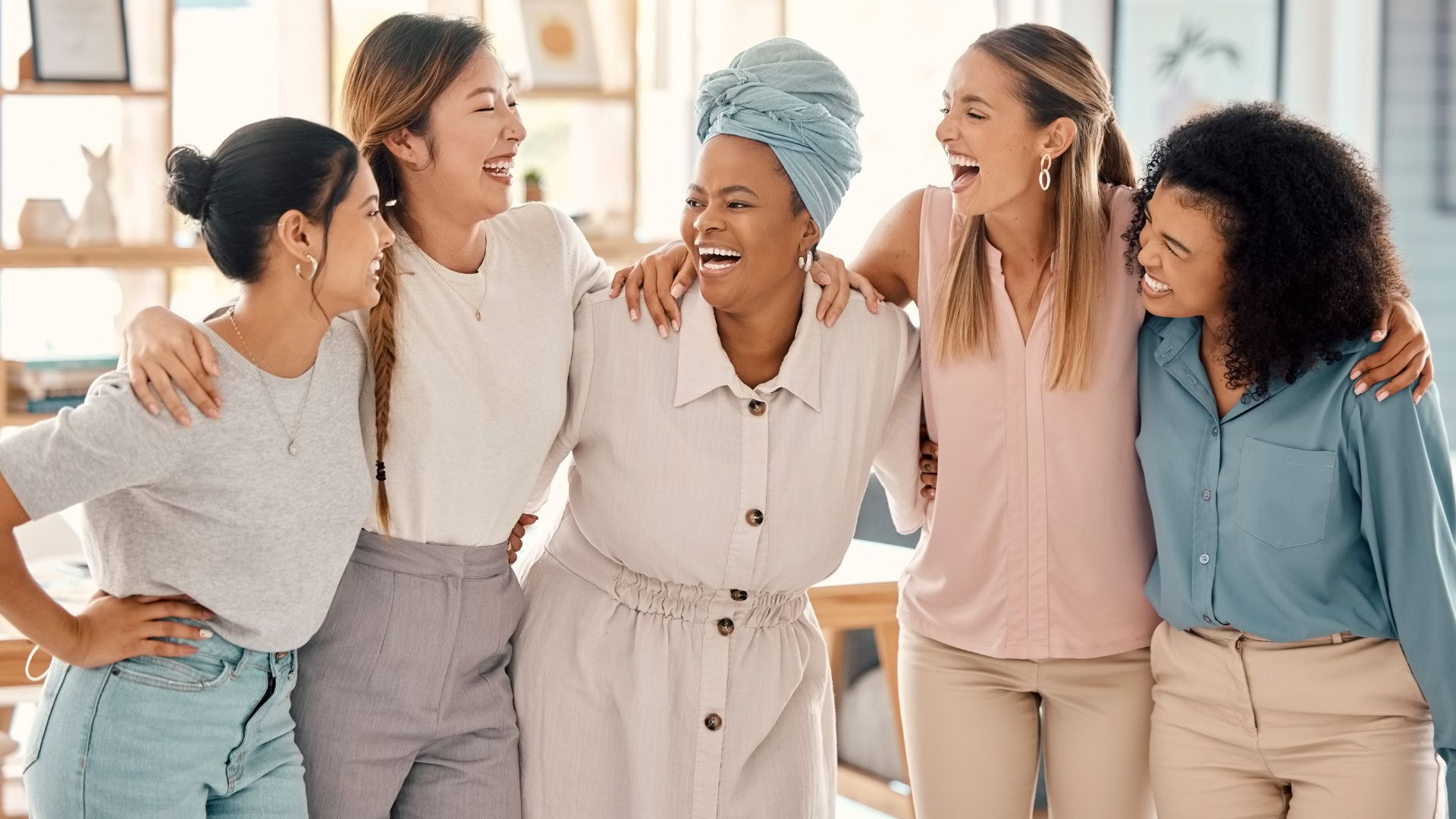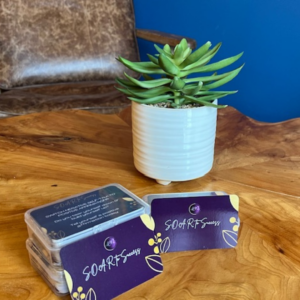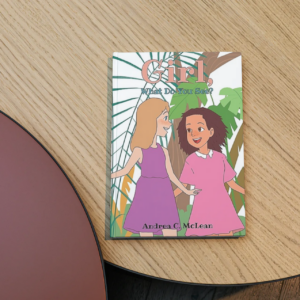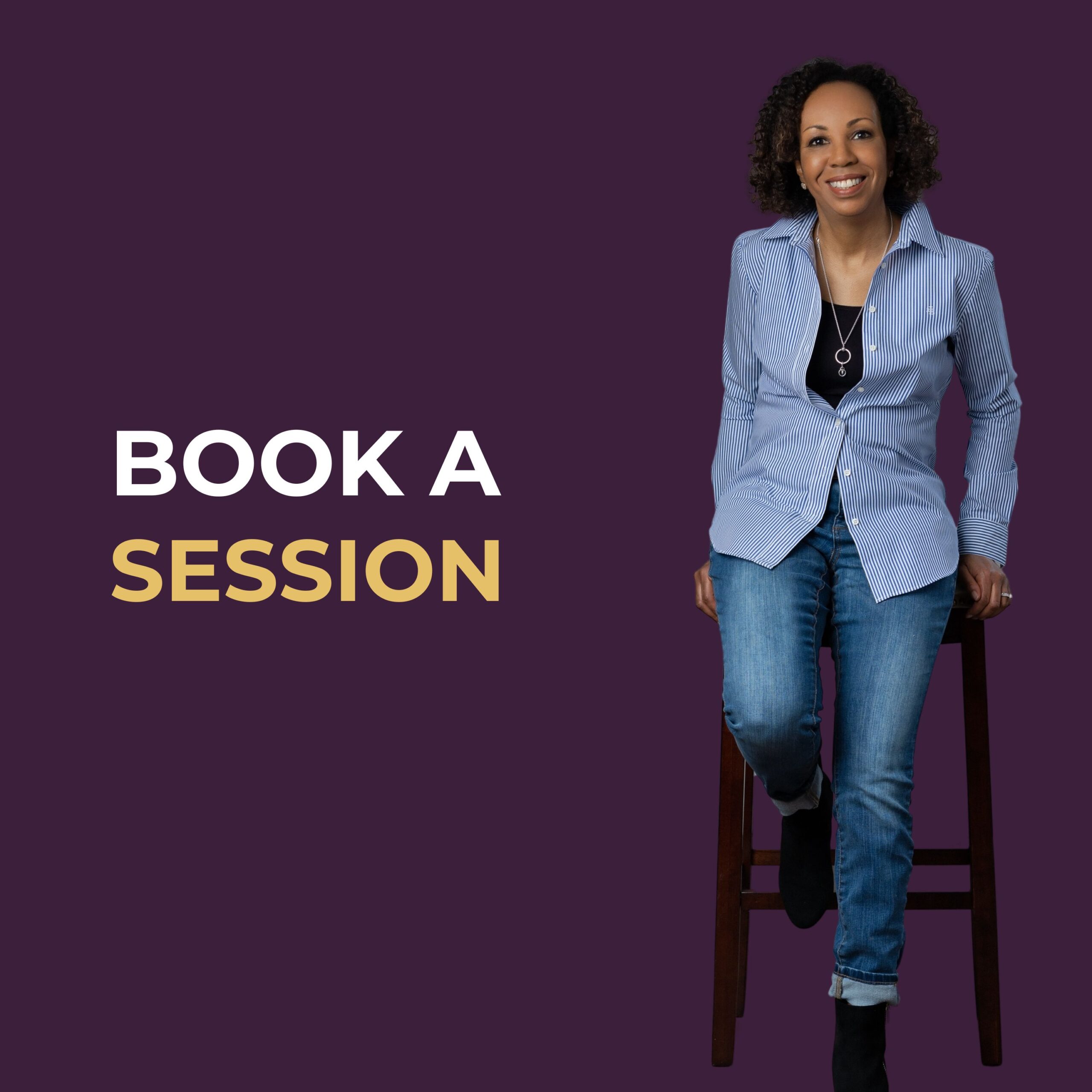However, building and maintaining positive relationships can be challenging. It requires awareness, empathy, communication, trust, appreciation, and growth. This blog post will explore ways to nurture positive connections in our lives and enjoy their benefits.
Cultivate Self-Awareness
Before we can connect with others, we need to connect with ourselves. Self-awareness is recognizing and understanding our thoughts, feelings, and behaviors. which helps us identify our strengths and weaknesses, needs and preferences, values, and beliefs.
Self-awareness also enables us to be more authentic and honest in our relationships. When we know ourselves better, we can express ourselves more clearly and confidently without pretending or hiding. We can also respect our own boundaries and respect those of others.
To cultivate self-awareness, we can practice mindfulness, which is paying attention to the present moment with curiosity and openness. Mindfulness helps us tune in to our inner experiences and notice what is happening within and around us. We can also use journaling, meditation, feedback, or coaching to enhance our self-awareness.
Practice Empathy and Active Listening
Empathy is being able to understand and share the feelings of another person. It is the heartbeat of positive relationships. When we empathize with others, we show them that we care about them and are interested in their perspective. We also create a safe and supportive space where they can express themselves freely and feel heard.
Active listening is a way of communicating that demonstrates empathy. It involves paying full attention to what the other person is saying without interrupting or judging. It also involves reflecting back what we heard, asking open-ended questions, and expressing our own thoughts and feelings respectfully.
To practice empathy and active listening, we can use some of the following techniques:
– Use eye contact and body language that show engagement and interest.
– Avoid distractions such as phones or other devices.
– Paraphrase what the other person said to check for understanding.
– Use phrases such as “I hear you,” “I see,” and “I understand” to acknowledge their message.
– Use phrases such as “How do you feel about that?”, “What do you think?”, “What do you need?” to invite them to share more.
– Use phrases such as “I appreciate you sharing this with me,” “I’m sorry you’re going through this,” and “I’m here for you” to show support and compassion.
– Use phrases such as “I feel…”, “I think…”, and “I need…” to express your own point of view without blaming or criticizing.
Communicate with Compassion and Respect
Communication is the bridge that connects us with others. It’s how we exchange information, ideas, opinions, feelings, and needs, and it can strengthen or weaken our relationships. Communication that fosters positive connections is compassionate and respectful, using words or actions that promote understanding, cooperation, and harmony.
To communicate with compassion and respect, we can use some of the following guidelines:
– Use “I” instead of “you” statements to avoid accusations or generalizations.
– Use positive rather than negative language to focus on solutions rather than problems.
– Use assertive language instead of aggressive or passive language to express your needs without violating those of others.
– Use feedback instead of criticism to offer constructive suggestions rather than judgments.
– Use appreciation instead of complaints to acknowledge what is working well rather than what is not.
Foster Trust and Vulnerability
Trust is the belief that the other person will act in our best interest and not intentionally betray or hurt us and it is the foundation of a healthy relationship. Trust allows us to be more open and honest with each other without fear of rejection or consequences.
Vulnerability is the courage to show our true selves, with our flaws and imperfections, without hiding or pretending. Vulnerability enables us to connect more deeply and authentically with others as we share our hopes and fears, joys and sorrows, dreams and challenges.
To foster trust and vulnerability, you can use some of the following strategies:
– Be consistent and reliable in your words and actions.
– Keep your promises and commitments or communicate if you can’t.
– Be honest and transparent, even when it is hard or uncomfortable.
– Apologize and forgive when you make a mistake, or someone hurts you.
– Share your feelings and thoughts, even when negative or difficult.
– Ask for help and offer help when you need it or when someone else needs it.
– Take risks and try new things, even when afraid or unsure.
Show Appreciation and Gratitude
Appreciation is recognizing and acknowledging the value and importance of someone or something. It is the expression of our admiration and respect for the qualities and contributions of others. Appreciation boosts the self-esteem and confidence of others and our own.
Gratitude is the feeling and expression of thankfulness for the benefits and blessings we receive from others or life. It is the awareness of the goodness and abundance that surrounds us. Gratitude enhances our happiness and well-being, as well as that of others.
To show appreciation and gratitude, we can use some of the following methods:
– Say “thank you” often and sincerely for big and small things.
– Give compliments and praise for specific behaviors or achievements.
– Write notes or cards to express your appreciation or gratitude in writing.
– Give gifts or gestures to show your appreciation or gratitude in action.
– Celebrate successes and milestones to acknowledge the efforts and results of others.
Foster Growth and Celebrate Differences
Growth is the process of change and development that leads to improvement and progress. It is the pursuit of learning and expanding our potential. Growth enriches our lives and relationships as we discover new aspects of ourselves and others.
Differences are the variations and diversity that exist among people in terms of their personality, preferences, opinions, beliefs, values, goals, etc. Differences enrich our lives and relationships as we encounter new perspectives and experiences.
To foster growth and celebrate differences, we can use some of the following tips:
– Seek feedback and learn from it to identify your strengths and areas for improvement.
– Set goals and pursue them to challenge yourself and achieve your aspirations.
– Try new things and explore new opportunities, to broaden your horizons and skills.
– Respect other people’s choices and opinions, even if they differ from yours.
– Be curious and ask questions to understand where others are coming from and what they care about.
– Appreciate other people’s strengths and contributions, even if they differ from yours.
– Embrace diversity and inclusion to value the richness and beauty of human variety.
Conclusion
Positive connections are essential for our happiness and well-being. They provide us with support, comfort, joy, inspiration, and meaning. By nurturing positive relationships in our lives, we can enhance our own quality of life and that of others.
Learn More About Becoming Your Best Self So You Can Nurture Meaningful Relationships
Achieve Your Unique Version of Success
FLAP Your Way to Success™ is a virtual coaching course. The acronym FLAP stands for Face Life’s Adversities and Persevere. As your coach, I will guide you to reflect, journal your answers to the coaching questions, and create tangible action steps to achieve your unique version of success.















